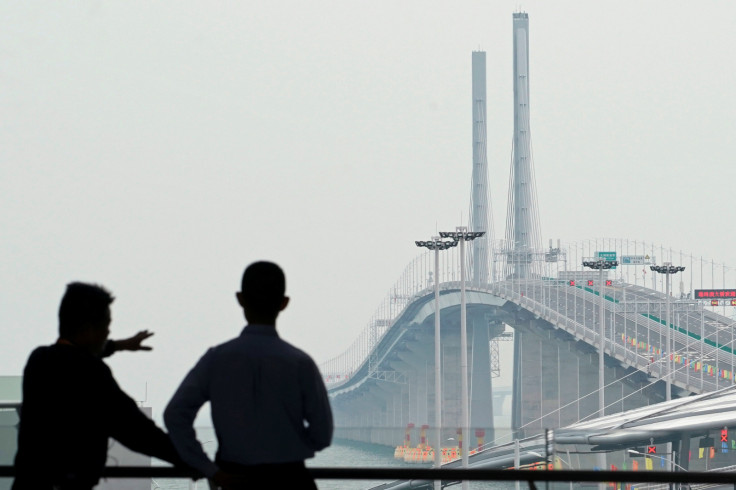Hong Kong protests: After Facebook and Twitter, YouTube takes down content against protesters
Google has stated that it found content similar to that found on Twitter and Facebook, aimed at influencing the Hong Kong protests.
China's attempts at marginalizing the Hong Kong protests online are being repeatedly scuttled by all leading social media networks. After Facebook and Twitter, YouTube has taken down content aimed at denigrating the protesters.
Earlier this week, Facebook and Twitter blocked accounts that they say are aimed at creating misinformation about the protests. On Thursday, YouTube revealed that 210 channels were working in a "coordinated manner" while uploading videos related to the Hong Kong Protests.
Shane Huntley, Threat Analysis Group, Google Security, stated in a post on the company's blog titled Maintaining the integrity of our platforms: "These actions are part of our continuing efforts to protect the integrity of our platforms and the security and privacy of our users. Each month, our Threat Analysis Group sends more than 4,000 warnings to our users about attempts by government-backed attackers or other illicit actors to infiltrate their accounts."
The company further added that these accounts were run using Virtual Private Networks (VPN). While it did not identify a source for the process, it stated that this discovery had been consistent with earlier actions taken by Facebook and Twitter. The social media giant stated that it will not outrightly ban YouTube channels run by state-sponsored outlets, but it will label them as such.
The protests started as a movement against an extradition law that will transfer criminals in Hong Kong to Mainland China and has transformed into a mass movement. They have entered the 12th consecutive week and have become a sore point for China. While the country has deposited whole battalions of its army on Hong Kong's border, it has failed to dissuade the protestors.
The social media giants' actions against anti-protester accounts puts China in a tough place – since they are banned in China, the country has no leverage over them to make them do anything according to its vision and policy.
However, the actions taken by social media outlets don't seem to be a hundred percent efficient. In the virtual battleground, some people are caught in the crossfire and receive collateral damage. Croatian student Luka Ivezic, who studies misinformation at King's College London, was surprised to learn that his account was one of those tagged by Twitter for spreading Chinese propaganda. Ivezic, who has never been to China in his life, told BBC that he found it "ironic" that this happened to him.
He, along with his father, who is a cybersecurity consultant, were buying up followers for their blog, "The future of leadership," which looks at technology and its impacts and is not directly connected to the Chinese protests.

© Copyright IBTimes 2025. All rights reserved.





















